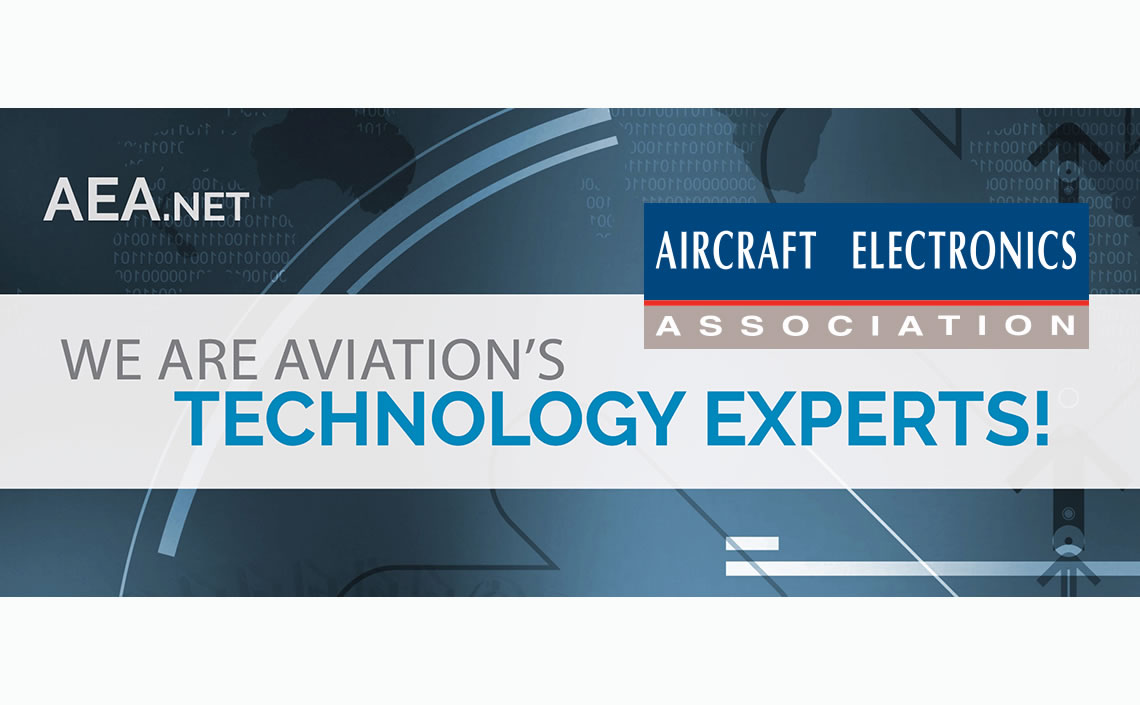SUMMARY:
On March 20, 2020, the U.S. Treasury Department, Internal Revenue Service and the U.S. Department of Labor announced that small and midsize employers can begin taking advantage of two new refundable payroll tax credits, designed to immediately and fully reimburse them, dollar-for-dollar, for the cost of providing coronavirus-related leave to their employees.
According to the joint notice, "The act will help the United States combat and defeat COVID-19 by giving all American businesses with fewer than 500 employees funds to provide employees with paid leave, either for the employee's own health needs or to care for family members. The legislation will enable employers to keep their workers on their payrolls, while at the same time ensuring that workers are not forced to choose between their paychecks and the public health measures needed to combat the virus."
The tax credits for qualified sick leave wages and qualified family leave wages required to be paid by the Families First Coronavirus Response Act will apply to wages paid for the period beginning April 1, 2020, and ending Dec. 31, 2020.
The notice highlights include the following key takeaways:
Paid Sick Leave for Workers
For COVID-19 related reasons, employees receive up to 80 hours of paid sick leave and expanded paid child care leave when employees' children's schools are closed or child care providers are unavailable.
Complete Coverage
Employers receive 100% reimbursement for paid leave pursuant to the act.
- Health insurance costs are also included in the credit.
- Employers face no payroll tax liability.
- Self-employed individuals receive an equivalent credit.
Fast Funds
Reimbursement will be quick and easy to obtain.
- An immediate dollar-for-dollar tax offset against payroll taxes will be provided.
- Where a refund is owed, the IRS will send the refund as quickly as possible.
Small Business Protection
Employers with fewer than 50 employees are eligible for an exemption from the requirements to provide leave to care for a child whose school is closed or child care is unavailable in cases where the viability of the business is threatened.
Easing Compliance
- Requirements subject to 30-day non-enforcement period for good faith compliance efforts.
To take immediate advantage of the paid leave credits, businesses can retain and access funds that they would otherwise pay to the IRS in payroll taxes. If those amounts are not sufficient to cover the cost of paid leave, employers can seek an expedited advance from the IRS by submitting a streamlined claim form that will be released next week.
Prompt Payment for the Cost of Providing Leave
When employers pay their employees, they are required to withhold from their employees' paychecks federal income taxes and the employees' share of Social Security and Medicare taxes. The employers then are required to deposit these federal taxes, along with their share of Social Security and Medicare taxes, with the IRS and file quarterly payroll tax returns (Form 941 series) with the IRS.
Under guidance that will be released next week, eligible employers who pay qualifying sick or child care leave will be able to retain an amount of the payroll taxes equal to the amount of qualifying sick and child care leave that they paid, rather than deposit them with the IRS.
The payroll taxes that are available for retention include withheld federal income taxes, the employee share of Social Security and Medicare taxes, and the employer share of Social Security and Medicare taxes with respect to all employees.
If there are not sufficient payroll taxes to cover the cost of qualified sick and child care leave paid, employers will be able file a request for an accelerated payment from the IRS. The IRS expects to process these requests in two weeks or less. The details of this new, expedited procedure will be announced next week from the IRS.
Click here for more information.
AEA COMMENTARY:
The Aircraft Electronics Association encourages the membership to contact their tax accountants to take advantage of these refundable payroll tax credits.
The AEA team is actively researching and identifying resources to support the membership, their business and their employees. More information can be found on the AEA's COVID-19 resource page available to all members.

